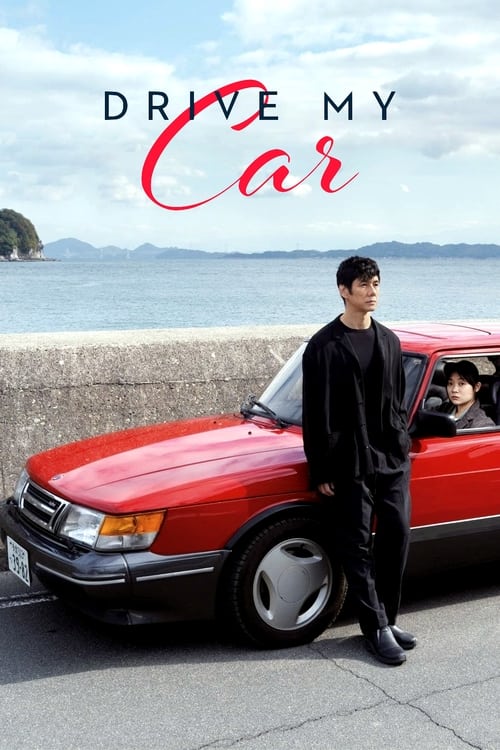
Title: Drive My Car
Year: 2021
Director: Ryūsuke Hamaguchi
Writer: Takamasa Oe
Cast: Hidetoshi Nishijima (Y?suke Kafuku), Toko Miura (Misaki Watari), Masaki Okada (K?shi Takatsuki), Reika Kirishima (Oto Kafuku), Park Yu-rim (Lee Yoo-na),
Runtime: 179 min.
Synopsis: Yusuke Kafuku, a stage actor and director, still unable, after two years, to cope with the loss of his beloved wife, accepts to direct Uncle Vanya at a theater festival in Hiroshima. There he meets Misaki, an introverted young woman, appointed to drive his car. In between rides, secrets from the past and heartfelt confessions will be unveiled.
Rating: 7.4/10